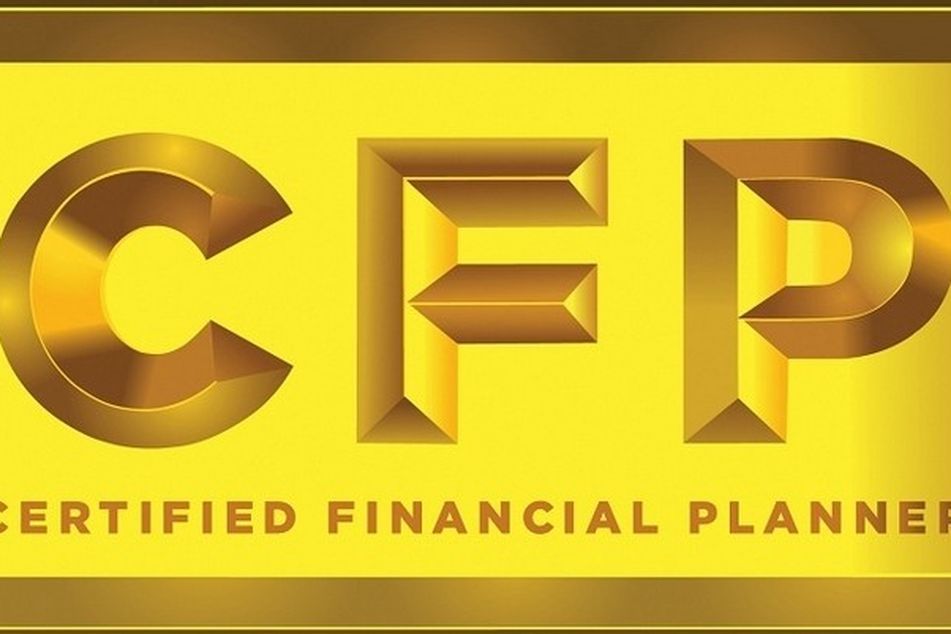CFP Board halts program to tack donation onto certification dues to fund its new center

Industry blogger Michael Kitces questioned the board's decision to automatically extract a $25 donation when certificants pay annual dues.
The Certified Financial Planner Board of Standards Inc. has stopped automatically adding $25 to the annual certificate fee to fund a new workforce development and research initiative — a move that had drawn protests from CFP mark holders.
In a statement Tuesday, Marilyn Mohrman-Gillis, executive director of the Center for Financial Planning, said the organization had been conducting a “series of tests” to allow CFPs to “voluntarily” contribute $25 as part of their annual renewal of the CFP designation. It included an opt-out, not an opt-in.
“Based on feedback we received from CFP professionals, we have discontinued that test,” Ms. Morhman-Gillis, CFP Board managing director of public policy and communications, said in a statement. “While it is a recognized fundraising method, we want to make sure our fundraising efforts result in fully voluntary and intentional contributions to the center. We regret any inconvenience this test may have caused some CFP professionals.”
The CFP Board will send a refund to any CFP who made a contribution without meaning to do so.
The back-down comes as discontent about the automatic charge was welling up.
In a Monday post on the blog Nerd’s Eye View, the site’s publisher, Michael Kitces, questioned how the CFP Board was assessing the cost in the renewal process for mark holders.
Though it was described as a $25.00 voluntary, tax-deductible donation to the CFP Board Center for Financial Planning, Mr. Kitces explained, “certificants weren’t merely being given the option to add a donation to their certification renewal fee by checking a box to contribute. Instead, they were defaulted into the payment” and would have to choose to opt out in a footnote link.
“Defaulting people in, and including an opt-out buried in the fine print, means that virtually no one will opt out, and most probably won’t even realize an extra assessment is being applied,” Mr. Kitces wrote Monday.
The annual dues for the certificate include a fee of $180 to fund the CFP Board’s operations and an additional $145 to finance an ongoing public awareness advertising campaign, for a total of $325. The additional fee for the center raised it to $350.
Mr. Kitces calculated that the extra $25, a 14% dues increase, spread across the approximately 74,000 CFP holders would raise about $1.8 million annually for the center.
Although he said the center, which was established in November with the mission of expanding the financial planner workforce, diversifying the profession and becoming a research center, has laudable goals, Mr. Kitces objected to the way the CFP Board had slipped the $25 charge into the annual certificate renewal.
“It shows a horribly conflicted fundraising strategy for its charitable entity,” Mr. Kitces, partner and director of research at Pinnacle Advisory Group, said in an interview before the CFP Board’s reversal. “Most people do the default because they don’t want to do the work of complaining.”
Mr. Kitces filed his blog post after hearing from many advisers over the last couple weeks who are going through the renewal process. He said they had been told by the CFP Board that the organization was “testing” the voluntary donation approach.
“The mere fact that you would run a test to see if there are any objections makes the point that it is inappropriate,” Mr. Kitces said.
He also is uneasy that the CFP Board, through its center, is encroaching on the turf of the Financial Planning Association, a membership organization that includes thousands of CFP holders.
The FPA also has workforce, diversity and research programs. The CFP Board sets and enforces the educational and ethical standards related to the mark.
“It’s not part of their core mission,” Mr. Kitces said of the CFP Board. “It’s a frightening amount of mission creep.
Learn more about reprints and licensing for this article.








